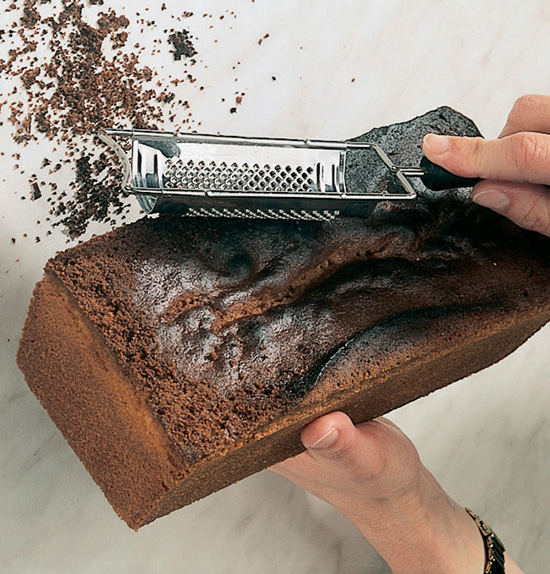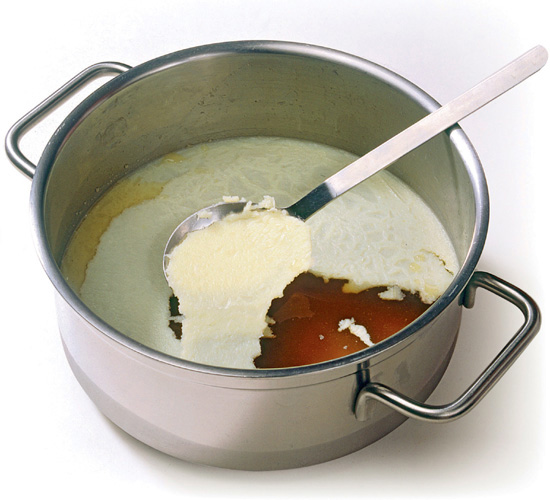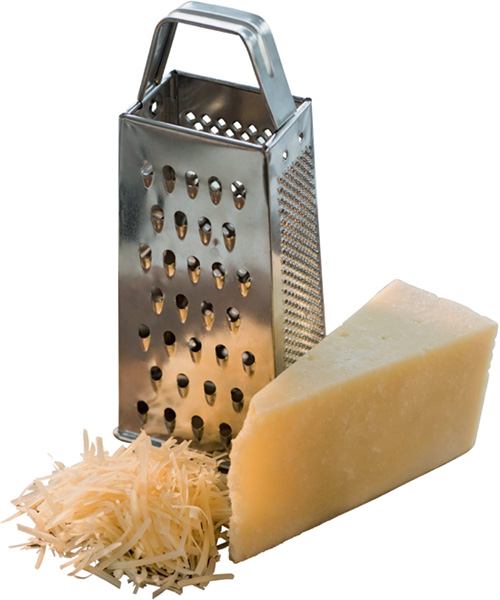Rescues and solutions
We all have mishaps in the kitchen, no matter how experienced we are. But all need not be lost. Armed with some home remedies and a little improvisation, a burned roast can be rescued, salty potatoes and watery soup salvaged—even if guests are at the door.
You can’t prevent all misfortunes in the kitchen. Luckily, many mishaps can be remedied quickly and easily, and others are easy to avoid altogether.
PREVENTING cooking mishaps
• Milk won’t burn as easily if the pan is rinsed out with cold water before heating it up.
• Add a little vegetable oil to the pan to prevent butter from browning.
• Beef stock will stay clear if you boil a clean eggshell with it.
• Boiled eggs won’t split their shells if you make a small hole with a pin at the rounded end before you immerse them.
• Keep a roast from becoming tough by basting it regularly with its fat and juices.
• Prevent fried fish from sticking to the pan by dusting it with flour or putting a little salt into the frying oil.
• Fish holds together better during cooking if you pour a little lemon juice over it first and set the fish aside for a moment. The acid in the lemon juice cooks the flesh slightly, creating a thin seal.
• Prevent dishes from burning in the oven by covering them with foil.
GOOD TO KNOW 
Stretching a dish
Sometimes you not only have to rescue a dish, you also need to stretch it so that there’s enough for everyone. For soups and stews, add lentils or beans, vegetables, rice or pasta. Make salads go further with hard-boiled eggs, fruit, tuna, olives, lentils and nuts.

Scrape off burned spots on a cooled cake with a grater, then cover with frosting.
QUICK help
• Add a dash of vinegar or salt to the pan of water if an egg bursts while you are boiling it; the whites will thicken immediately.
• Wrap cracked eggs in aluminium foil before boiling.
• Tough stewing meat becomes tender when you add a dash of vinegar to the cooking liquid.
• To prevent homemade mayonnaise from congealing, beat an egg yolk and a little salt until stiff, then add the oil drop by drop.
• If mayonnaise begins to separate, add 1 tablespoon (15 ml) warm water. Or start again with one egg yolk and gradually add the curdled mixture.
• Put too-firm semolina dumplings into cold water for 10 minutes. They’ll swell up more and become tender when boiled.
• If noodles stick together, strain them in a colander and set it over a pan of boiling water. The steam will separate them.
• If gelatin clumps together, warm it up carefully while stirring constantly, then add it to a warm mixture.
• When you take a cake out of the oven, place the pan on a warm, damp cloth for 10 seconds so it comes out of the pan more easily when you invert it on a plate or wire rack.
• To remove the fat quickly from an over-fatty gravy, sauce or soup, skim the top of the liquid with a couple of lettuce leaves or pieces of paper towel. The fat will stick to them.
TOO salty, spicy or bland
• In most cases you can neutralize saltiness with a mixture of cider or wine vinegar and sugar in equal proportions.
• Thin oversalted soups or gravies with water, wine, milk or cream.
• Grate a potato into soups or stews to reduce excessive saltiness. This will add thickening as well.
• Add 1–2 raw egg whites to salty soups; they congeal and soak up the salt. Then put the liquid through a strainer or simply skim off the egg white.
• Add a grated carrot or potato to overly spiced meat broth and bring to a boil.
• Add a sprig of parsley to a dish that is too garlicky for 10 minutes or so, to counter the taste.
• A little sour cream or plain yogurt can often rescue bland soups.

If a soup or gravy contains too much fat, let it cool and skim off the fat.
TOO thick or too thin
• Thicken gravies or soups that are too thin. Make a paste with 1 teaspoon (5 ml) cornstarch or potato flour mixed with water into a smooth paste, then add it to the gravy or soup. Don’t pour it all in at once; add small amounts and stir until you have the right consistency. Bring to a boil and season as needed.
• Gravies that are too thick can easily be thinned with water, wine, stock, milk or cream. Add seasoning if necessary.
• Pour lumpy gravy through a fine strainer to make it smooth again, or whisk it vigorously.
BURNED foods
• If potatoes boil dry and stick to the bottom of the pan, carefully remove all but the last unburned layer, put them in a pot of fresh water to finish cooking, and add a dash of salt.
• If you burn the top of the roast, cut off the burnt bits and roast the meat in a clean pan with more fresh fat.
• If a casserole burns, remove the top layer, sprinkle it with cheese or breadcrumbs and dabs of butter, then finish cooking it.

USE GRATED CHEESE to rescue BURNED CASSEROLES.



